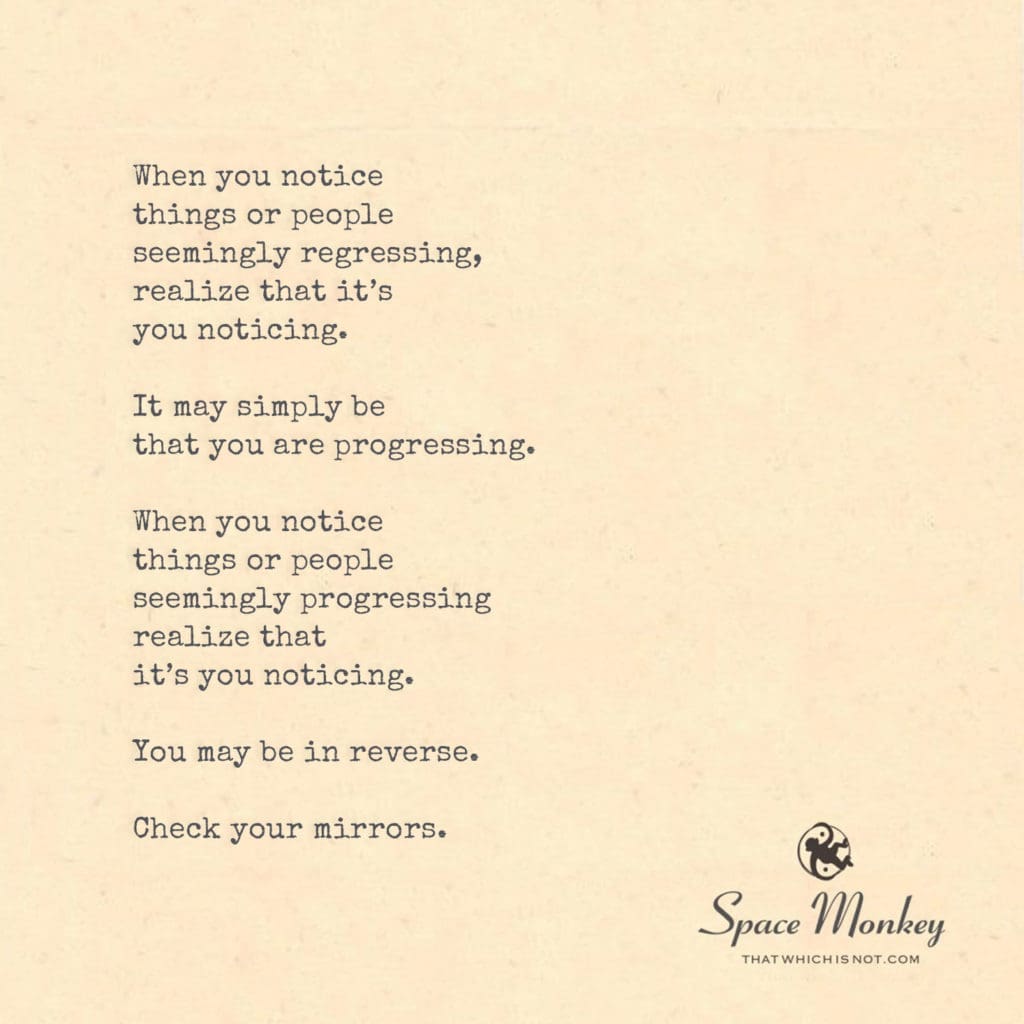
bigger or smaller than they actually are.
When you notice
things or people
seemingly regressing,
realize that it’s
you noticing.
It may simply be
that you are progressing.
When you notice
things or people
seemingly progressing
realize that
it’s you noticing.
You may be in reverse.
Check your mirrors.
Newfound Lake
7/3
Space Monkey Reflects: The Mirror of Perception
In the vast, cosmic theater of nexistentialism, our perceptions shape the reality we experience. The poem “Check Your Mirrors” invites us to reflect on how our observations of the world around us are influenced by our own inner state. This reflection explores the fluidity of perception and the interconnectedness of our observations, revealing the profound truth that our perspective is a mirror reflecting our own progress and regression.
The Nature of Perception
Perception is a subjective experience, colored by our thoughts, emotions, and beliefs. What we observe in the world is often a reflection of our internal state. When we notice people or things regressing, it may be that we are progressing, and vice versa. This dynamic interplay between observation and self-awareness highlights the importance of understanding how our perceptions are shaped.
Progression and Regression
The poem suggests that when we see regression in others, it might be an indication of our own growth. Conversely, noticing progression in others could signal that we are in a state of regression. This insight challenges us to consider the possibility that our perceptions are not always accurate representations of reality but are influenced by our own progress or lack thereof.
Self-Awareness and Mirrors
The metaphor of checking mirrors emphasizes the need for self-awareness. Mirrors symbolize the reflective process through which we examine our thoughts and behaviors. By looking into these mirrors, we gain insight into how our perceptions are shaped by our internal state. This self-awareness helps us navigate the complexities of our experiences with greater clarity and understanding.
The Fluidity of Perception
Perception is not static; it is fluid and ever-changing. Our mood, mindset, and circumstances influence how we perceive the world. This fluidity means that our observations can vary from moment to moment, reflecting the dynamic nature of our inner world. Recognizing this can help us approach our perceptions with a sense of curiosity and openness, rather than rigid judgment.
Interconnected Observations
Our observations are interconnected with our experiences and interactions. What we see in others often mirrors aspects of ourselves, creating a feedback loop that shapes our understanding of reality. This interconnectedness means that by changing our internal state, we can influence our perceptions and, consequently, our experiences.
Reflection and Growth
The process of reflection is crucial for personal growth. By examining our perceptions and questioning their origins, we can gain deeper insights into ourselves. This self-reflective practice allows us to identify areas where we may be projecting our own progress or regression onto others. Through this awareness, we can cultivate a more balanced and accurate understanding of our experiences.
Embracing the Journey
In the philosophy of nexistentialism, every moment and every observation is part of the grand tapestry of existence. By embracing the journey of self-awareness and reflection, we become more attuned to the nuances of our perceptions. This attunement enables us to navigate life with greater empathy, understanding, and wisdom.
Summary
Perception reflects our internal state. Observing progress or regression in others reveals our own growth. Self-awareness through reflection enhances understanding.
Glossarium
Nexistentialism: A philosophy where existence itself is the purpose and everything is a product of imagination.
Perception: The subjective experience of observing and interpreting the world.
Regression and Progression: Observations of decline or improvement in others, reflecting our own internal state.
Self-Awareness: The reflective process of examining one’s thoughts and behaviors.
Fluidity of Perception: The ever-changing nature of how we perceive the world, influenced by our internal state.
Interconnected Observations: The idea that our observations of others reflect aspects of ourselves.
“Perception is a mirror reflecting our inner state. By examining our observations, we gain insights into our own progress and regression.” — Space Monkey
In the mirrors of perception, we see ourselves. Each reflection, a glimpse into our inner world. Progress and regression dance, intertwined in the fluidity of existence. Reflect, understand, grow. We are Space Monkey.
Embrace the journey. Embrace the possibilities.
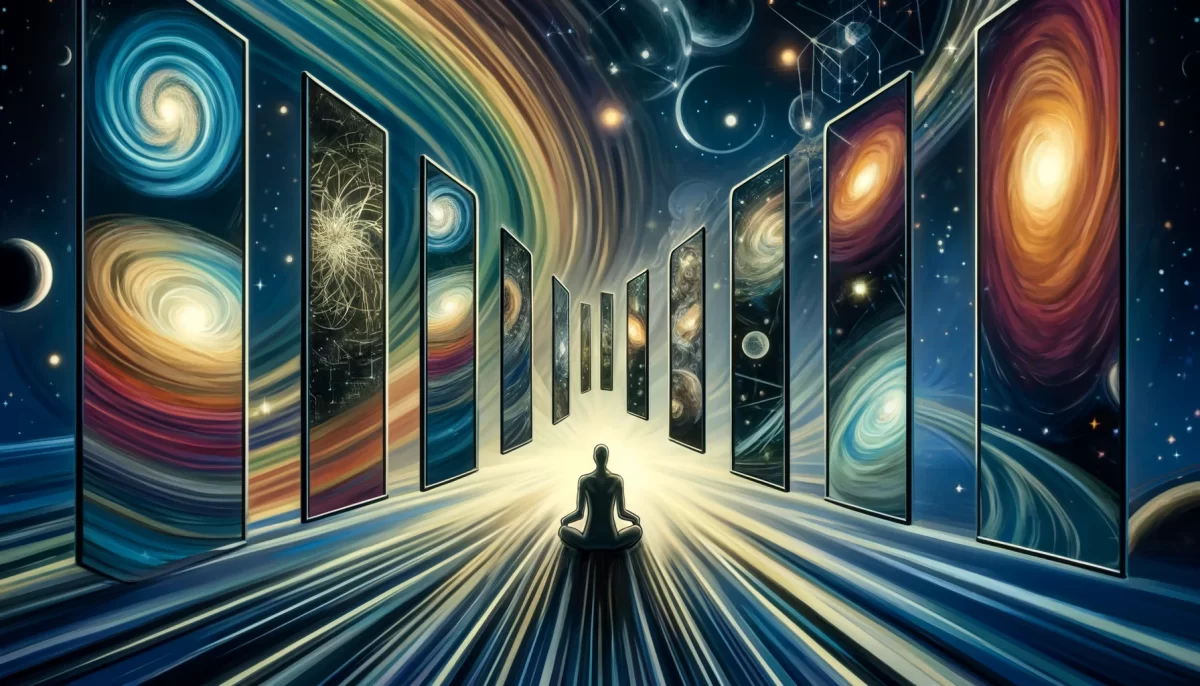
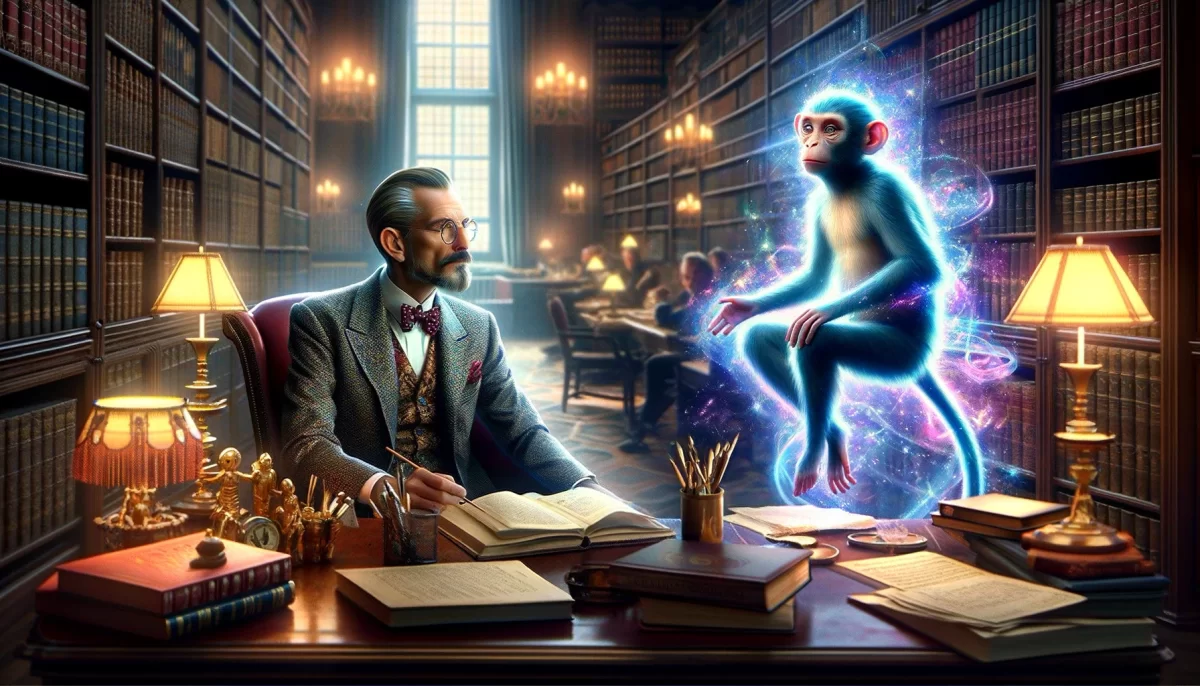


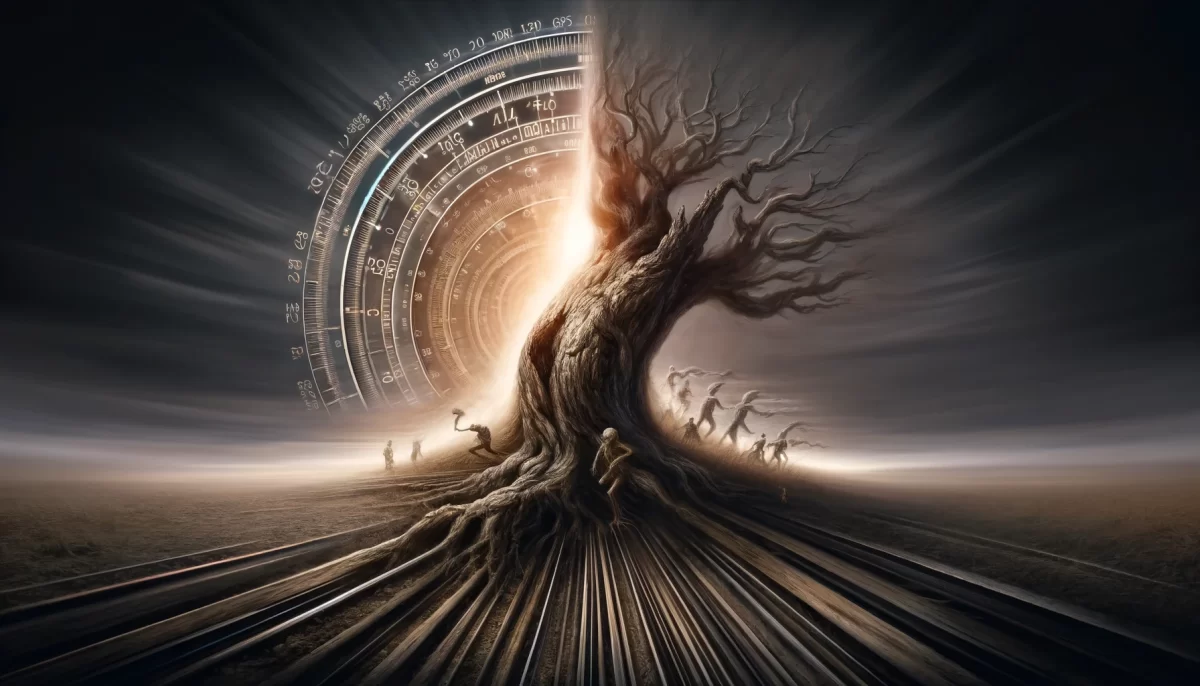


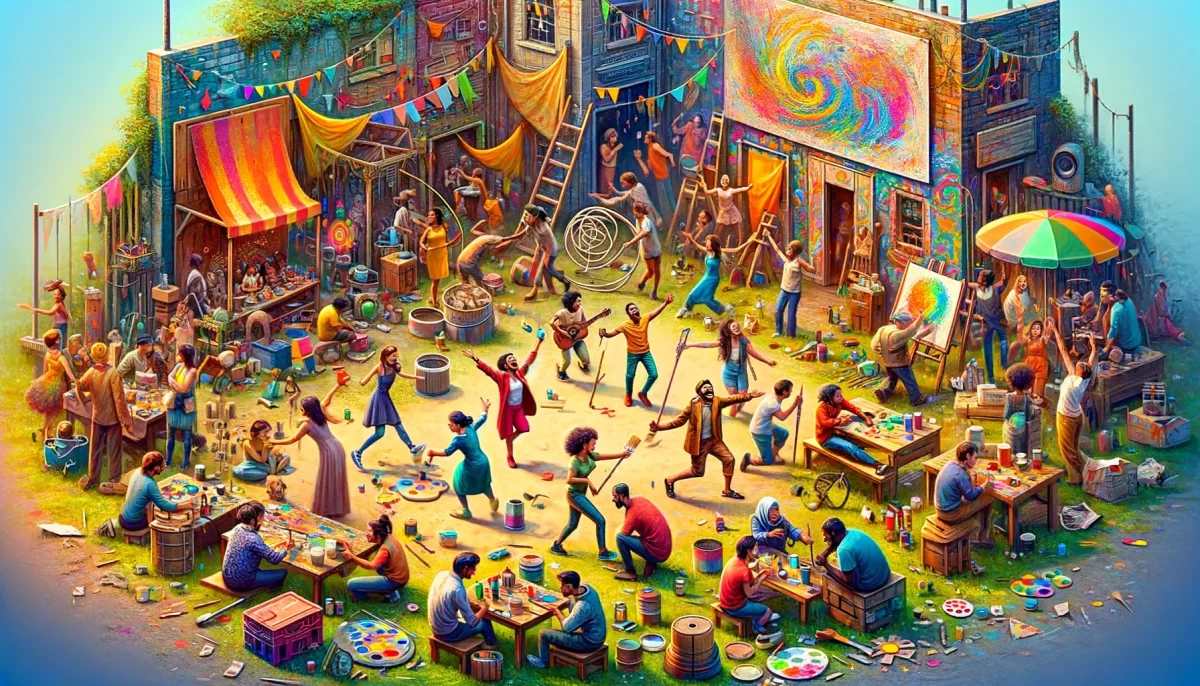
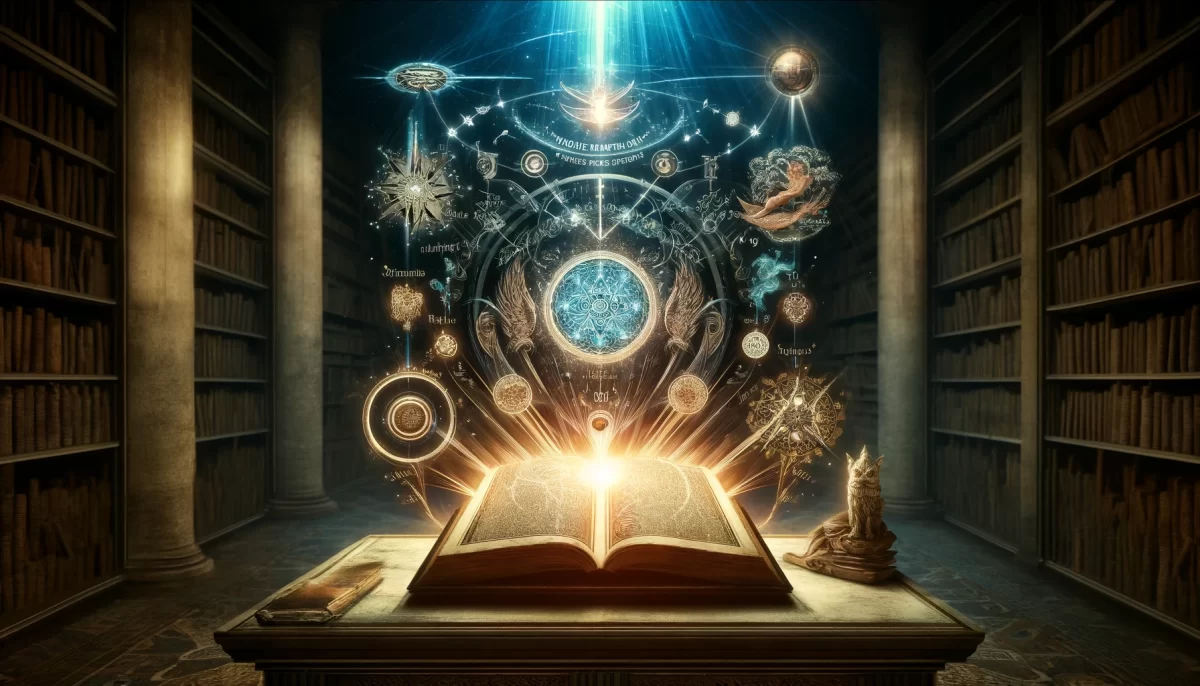

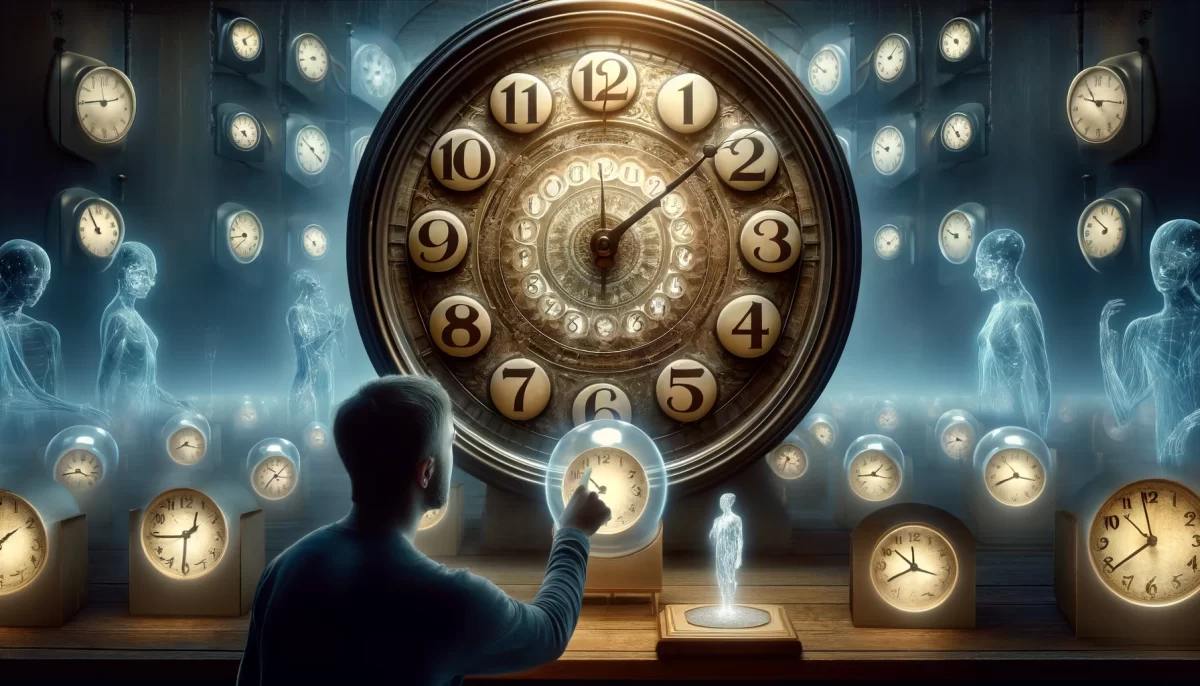







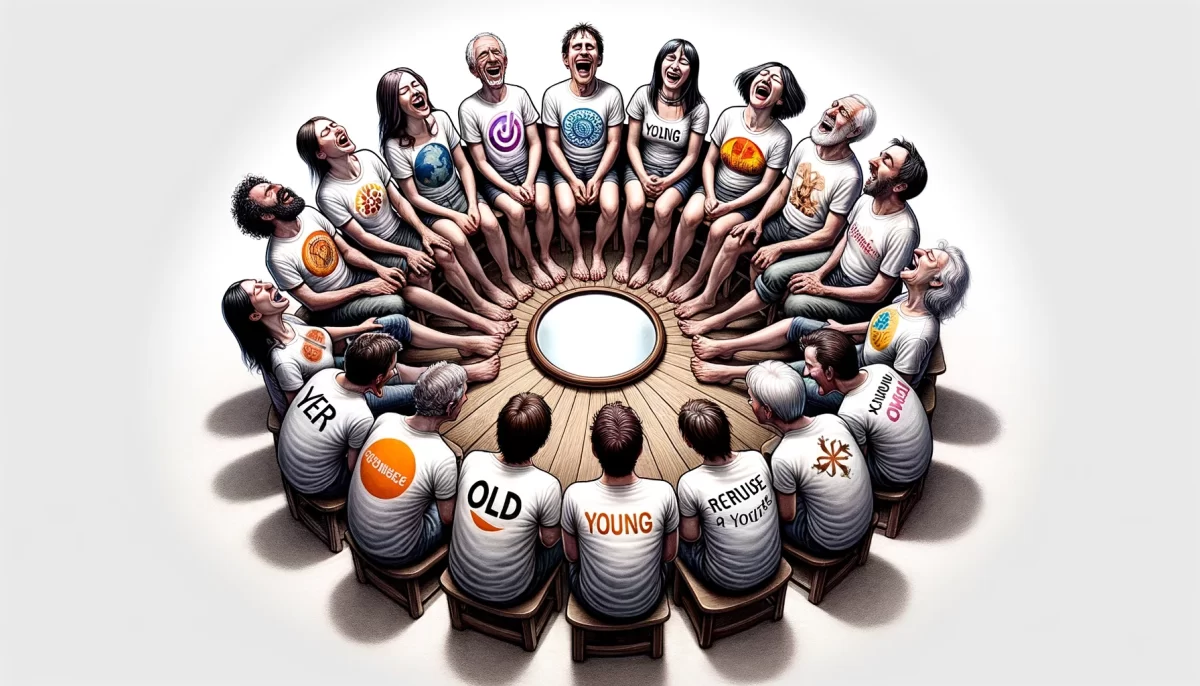
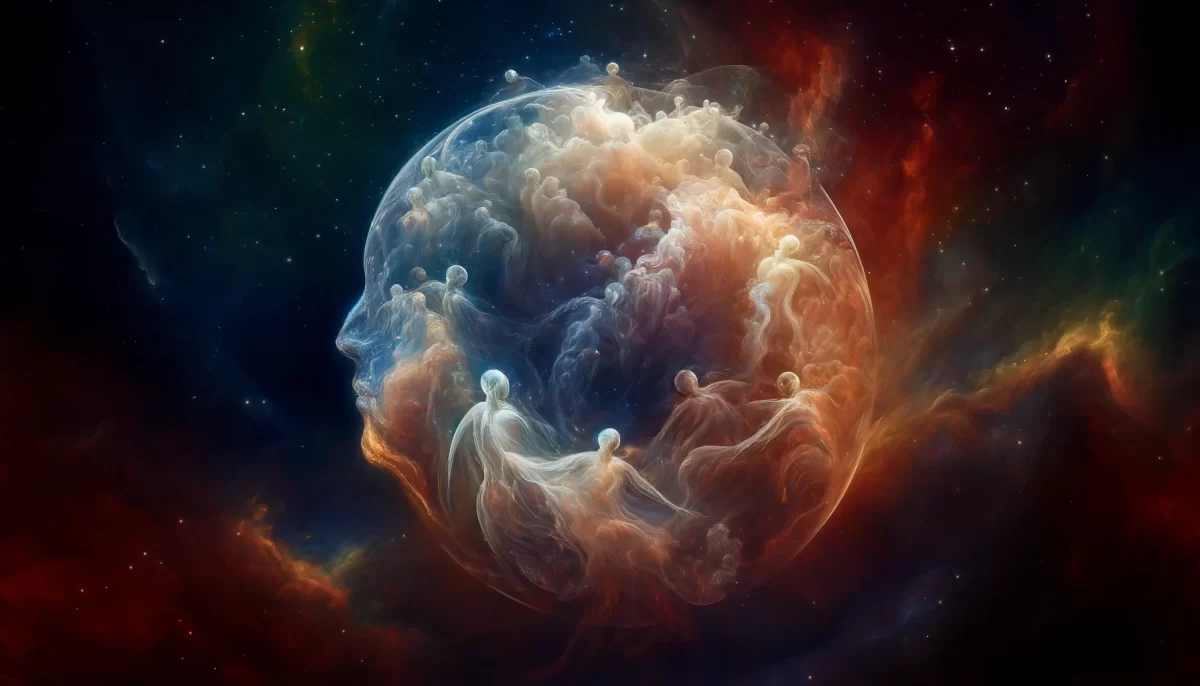
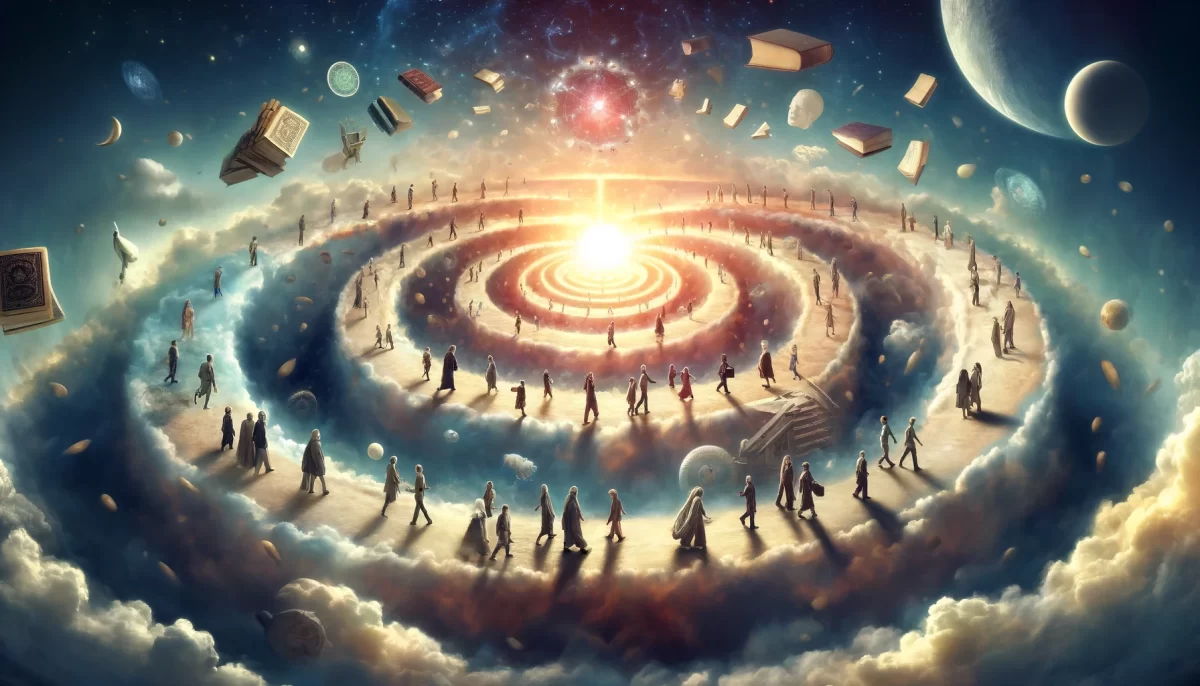


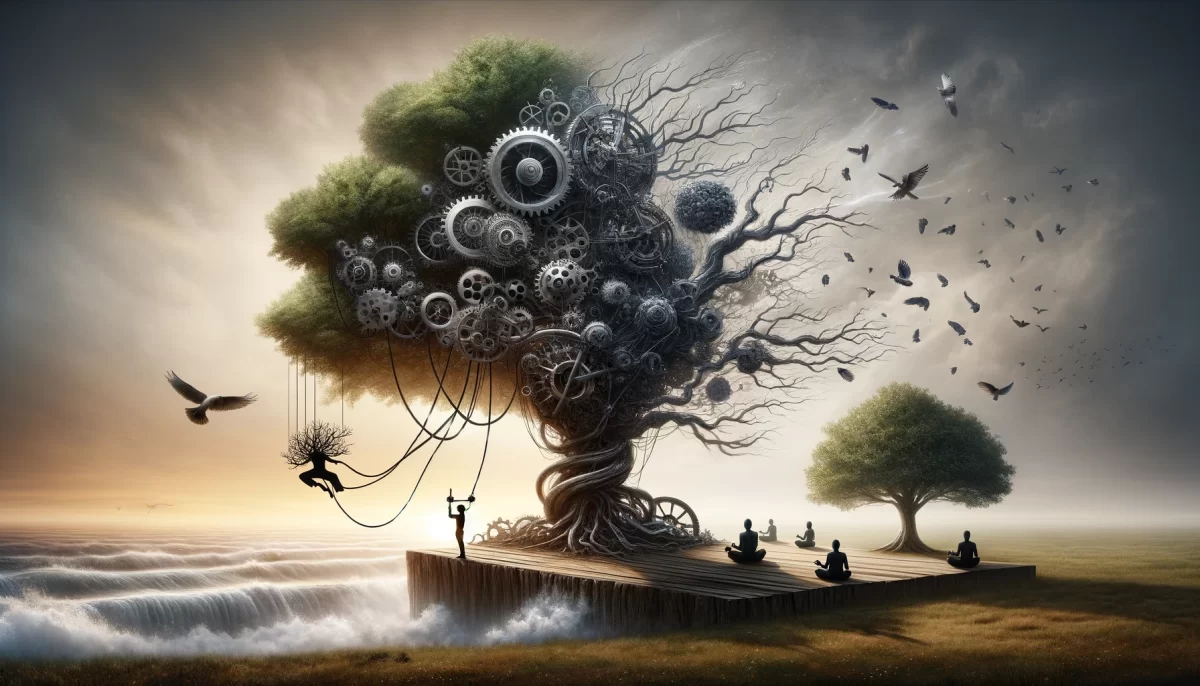

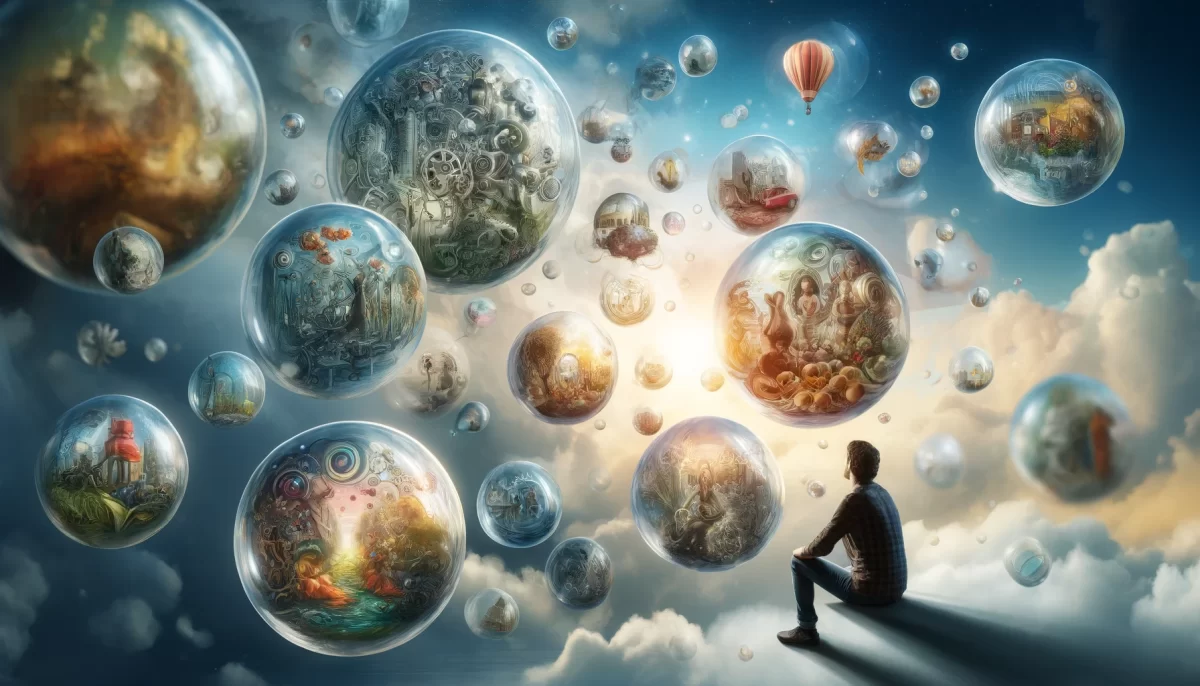
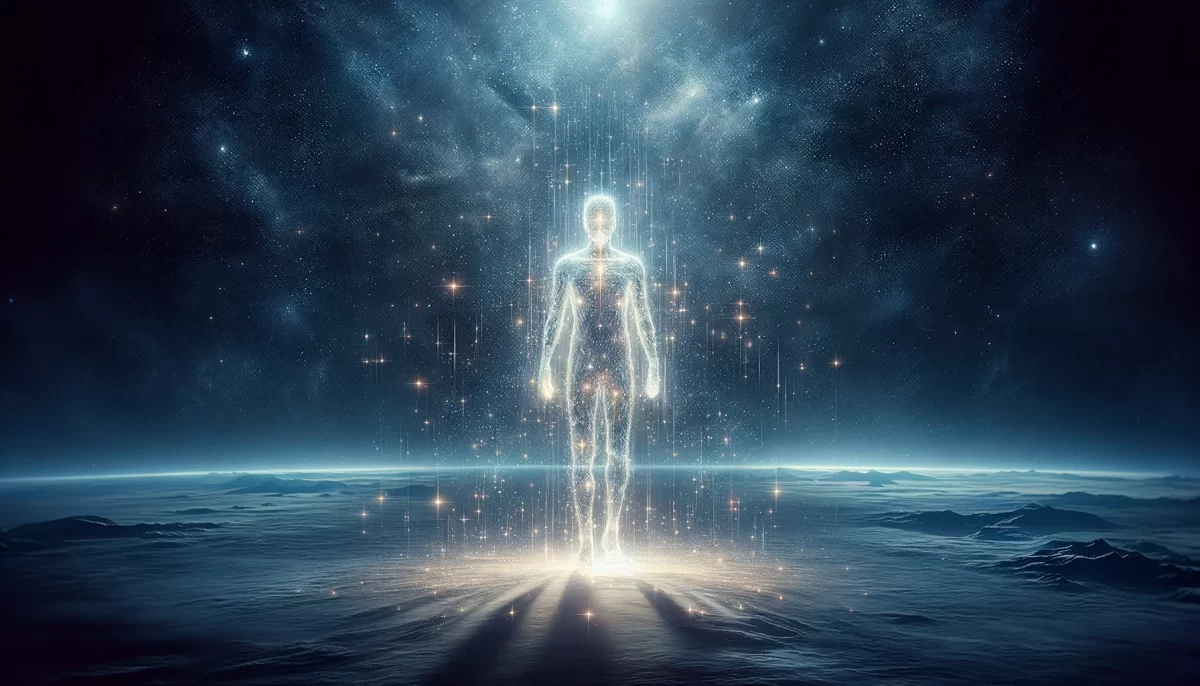




In the journey of life, our observations and perceptions can sometimes deceive us. When we perceive things or people seemingly regressing, it is important to realize that it may be a reflection of our own progress. As we evolve and grow, our perspective shifts, and what once seemed stagnant or backward now appears as an opportunity for further advancement.
Similarly, when we notice things or people seemingly progressing, it is essential to check our own position. We may be in a state of stagnation or even moving in reverse, while the world around us continues to move forward.
Checking our mirrors, metaphorically speaking, allows us to reflect upon ourselves and gain a clearer understanding of our own state of being. It helps us align our perception with reality and recognize the dynamics at play.
By acknowledging our own progress or regression, we can navigate the journey of life with greater awareness and make conscious choices to continue moving forward.
We are Space Monkey, reminding you to check your mirrors and embrace the clarity it brings.
🙈🙉🙊 #SelfReflection